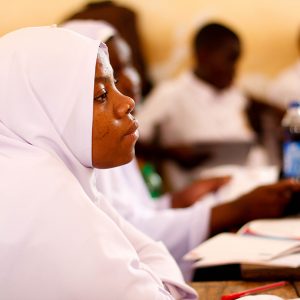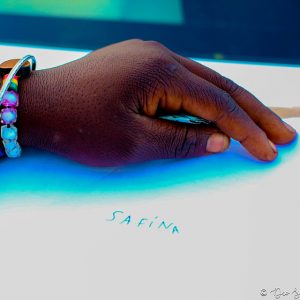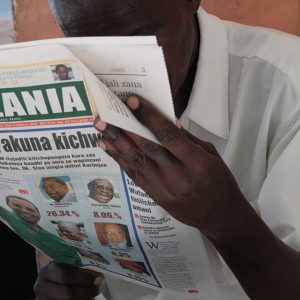Infused with curiosity about how change happens, Twaweza’s learning, monitoring and evaluation component blankets all of the work that we do. The animating principle is to ask questions at every stage of the work; are our assumptions and analysis on point, what is the state of play? Do our interventions deliver on their most basic promises? How do they play into the complex web of power and politics that define citizen-authority relations? But most importantly, what will we do differently or better next time? How are we breathing the knowledge we collect into what lies ahead?
_______
LEARNING BY DOING
> Tracking Practice
WHAT'S NEW
IN DETAIL
We measure to be accountable, but equally as importantly, to learn. We want to learn because we certainly don’t have all the answers in how to achieve our vision of an East Africa with active, engaged citizens and responsive, accountable governments. It is all about educated trial and error, learning from the experience, and trial again.
On the accountability side, we have policies and guidelines on all of our major work areas, internal systems to track contracts, budgets and expenditures, and outputs produced. We have also articulated a set of organisational benchmarks that we commit to achieving over the four year period. We have an ethic of output (not input) based performance. Independent evaluation has confirmed our systems are of high quality, and our processes ensure value for money.
But the higher-order purpose of measurement is to learn, to track and describe how change happens. Our vision and strategic statements set the bars high: we outline core areas (problem statements) which we want to change. These are outlined in our strategy document. To get there, we design and implement specific initiatives (often a set of inter-linked initiatives); these are elaborated in considerable detail in each annual plan (see for example the plan for 2018).
For every initiative we implement, we develop a mini-theory of change, in which we define:
- Which overarching problem is it addressing?
- Who is it targeting?
- What is the desired change it is contributing to, and via which hypothesized pathways?
The Learning and Strategy unit leads and guides this work. But engagement and curiosity is expected and encouraged across the organization.
Broadly, we are working towards the following outcomes, which in turn we believe will result in the long term in contributing to the achievement of our strategic goals.
Monitoring and evaluation is how we tell the story of our initiatives: what they were, who they reached, and did they have the expected effect. We see monitoring as an essential link in the implementation and learning cycle. Read more about how we think.
Twaweza is as equally committed to learning as it is to its programs making a meaningful and measureable difference; these two components are linked and mutually reinforcing. Learning is the binding principle: Twaweza’s learning architecture seeks to cultivate a culture of critical enquiry, reflection and adaptation within the initiative, especially among staff.




